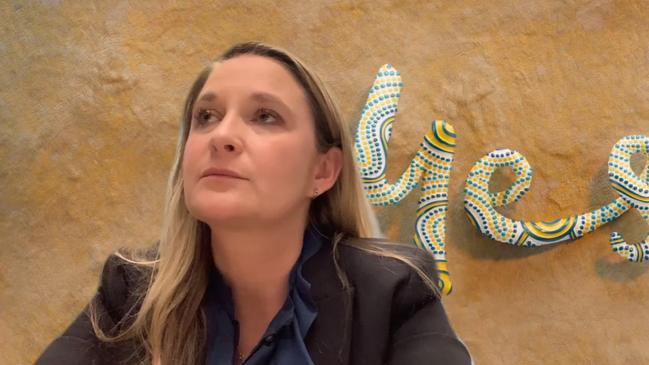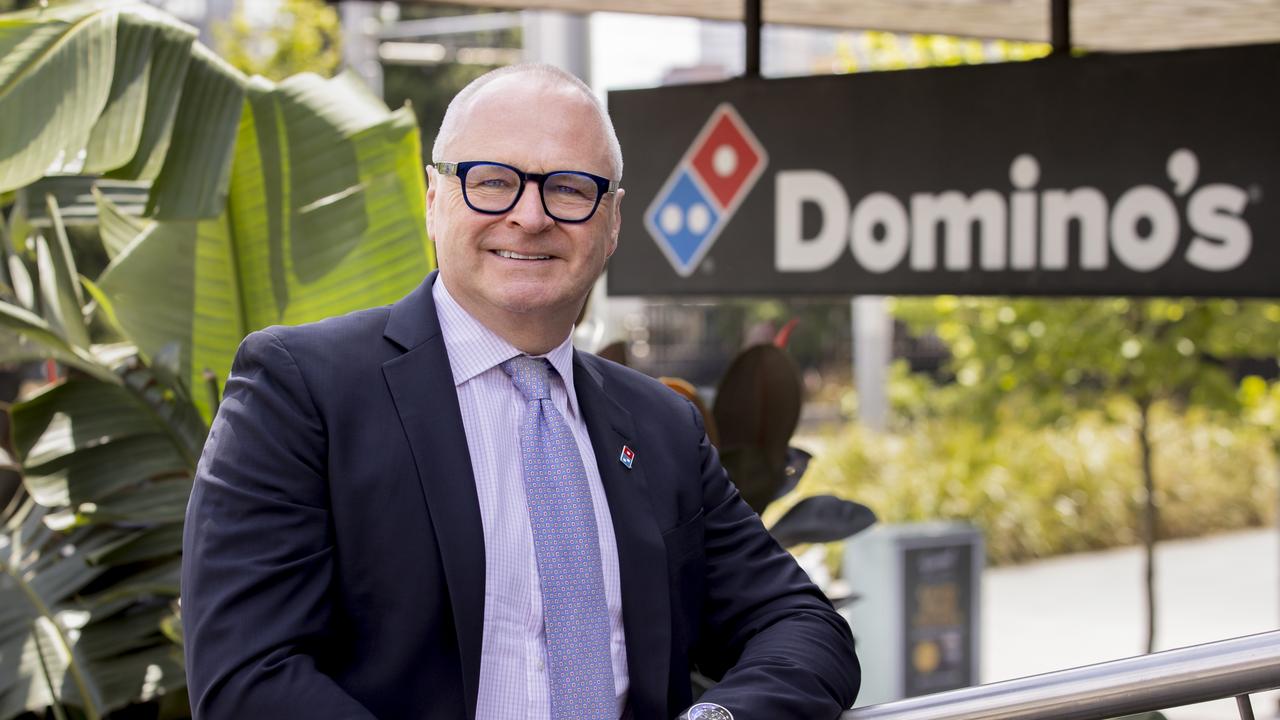
The ultimate threat is to withdraw the licence for failure to perform, but at the very least company specific conditions can be imposed.
The potential reality facing Optus is irreparable brand damage which can only be overcome by a company re-set – and that would start at the top with chair Paul O’Sullivan and chief Kelly Bayer Rosmarin walking.
The reality facing all customers is more telecommunication network outages are certain and, having accepted that fact, the question is what they can do about it.
The Optus can is being happily kicked down the road by politicians for their own purposes but the decisions to be made by users is what they should to prepare for the inevitable.
Insurance is accepted for your house and car but the corner coffee shop now knows the value of having a spare SIM card in the top drawer to swap networks when their carrier fails.
Then it becomes a question of how elaborate a back-up plan you have and how much that will cost in a day when most mobiles cater for dial SIM cards and e-SIMS.
Hospitals and retailers have generator capacity to be used when their electricity supplier fails, and big business ensures key staff have back-up mobiles on different networks to the main supplier.
The PR lesson for big business is early and often updates, and presenting chief executives when the issue is solved.
The good and bad news for Optus is the performance of its Canadian counterpart, Rogers Communications, which more than a year after it suffered a 26-hour outage, is still being investigated by authorities. But remarkably the company has not lost meaningful mobile market share in the three-player market, since its outage last year.
Its customer compensation offer was automatic credit for five days’’ services which cost $C70m ($79.7m) for 10 million customers but network investment and other expenses were considerably higher and continue.
Heading into this week’s outage Optus boasted the fastest mobile services that were 20 per cent cheaper than Telstra. But by week’s end that wasn’t winning any brownie points.
Climate conference
At month’s end the next UN climate conference begins in Dubai. Its aim is to draw a line in the sand with the results of a global stocktake on where the world stands on the 2030 Paris Commitments.
The likely failure to meet the targeted 1.5C ceiling would ideally spur more action to cut emissions commitments in Dubai. But political support is clearly waning; UK Prime Minister Rishi Sunak and others are winding back commitments.
The lack of public focus on the conference is understandable given Ukraine, Israel and other geopolitical nightmares but in the carbon battle it looms large with the five-year stocktake and a long list of unfinished business from last year’s conference in Egypt.
Federal Climate Minister Chris Bowen wants agreement on Australia and a Pacific ally to host the 2026 conference, given Labor’s election commitment to host the conference.
Next year it will be in either Bonn or eastern Europe and in 2025 Brazil.
Article 6, which governs how countries emit carbon is another key agenda issue given Barclays figures the voluntary trading market will hit $US250bn in a decade and the roles of voluntary and compliance markets need to be clarified.
Last year, developed countries agreed to support less developed nations but the fine details like actual amounts are yet to be finalised.
The Cop28 meeting should also serve to fast forward completion of a number of Australian
initiatives like safeguard policies and transition arrangements.
Words into action
While decisions are progressed in Dubai, an extraordinary range of projects are in progress in Australia, highlighted by the Kardutjaanup rejuvenation project 100km north of Esperance in Western Australia.
Led by the Tjaltjraak Native Title Aboriginal Corporation representing the Wudjari People, the not-for-profit Odonata Foundation and carbon developer Carbon Neutral are restoring an old wheat and sheep property into a biodiversity rich area based around planting some 4.5 million trees on the 3955ha property.
The concept in simple terms is an investment syndicate led by Nigel Sharp’s Odonata foundation, which acquired the land over two years ago for $6.5m for the Esperence-based Tjaltjraak Corporation which represents the Wudjari People.
The land is being restored by the Wudjari and the initial 900,000 trees on 400ha were effectively sold to France-based beauty group L’Oreal, international reforestation group OneTree Planted and Australia-based sustainable hat producer Will + Bear.
The money from this group helped the Wudjari people pay back the money for the property, giving them full ownership of the land and importantly retaining ownership and control of the carbon credits.

This creates a long-term income stream which, among other purchases, is being used to help some of Wudjari folk into their own houses in Esperence.
The project is the brain child of the aforementioned Sharp whose Tiverton Agricultural Fund owns Carbon Neutral, and Peter Bednell who runs the Tjaltjraak Corporation.
The 400ha already planted provides habitat for a range of animals such as mallee fowl, western quoll, wedge tail eagles, wallabies, ornate dragons and bush turkey.
It has also served as the model for other projects like the Kullilli Bulloo River Aboriginal Corporation (KBRAC), Climate Friendly, Conscious Investment Management project at Thargomindah Station. The deal returns the land to the Kullilli people who were removed from the land in the 1880s, helps improve the land and removes carbon in the process.
Bednall noted the WA rejuvenation project employed 38 people full time and 80 in total, preparing the land and planting the trees to re-create the biodiversity in the region.
The land is arid compared with the lush pastures closer to Esperence and gets just 250mm of rain a year against 800mm down south – and after 60 years of wheat and sheep farming some of the dirt is not the best.
But the aim is to restore 2000ha with about 2250 trees planted per hectare which then serve as a home to a range of different wildlife.
The extraordinary combination of a local Indigenous group, old wheat and sheep land, biodiversity inspired funding from Sharp’s Odonata, L’Oreal, US-based One Tree foundation and Will + Bear, highlights the global links in the carbon club and the diverse benefits it is creating.




The federal government wields a big stick over Optus which, like the other two network owners Telstra and TPG, operate under a strict licence administered by the Australian Communications and Media Authority.